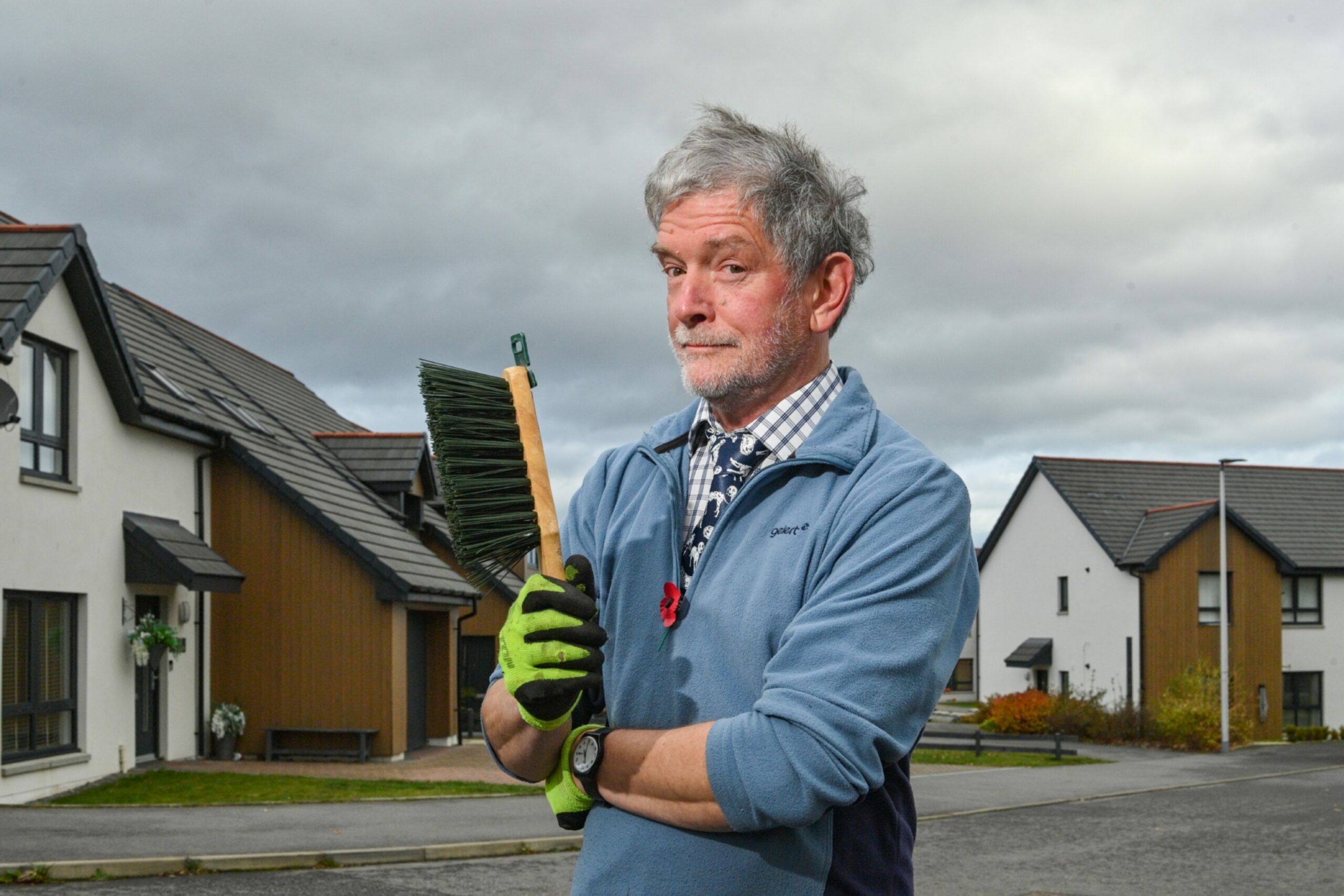Children with retinoblastoma eye cancer in a low-income country are 16 times more likely to die within three years of diagnosis than children in high-income countries, according to a new study published in The Lancet Global Health.
The research, led by the International Center for Eye Health (ICEH) at the London School of Hygiene & Tropical Medicine (LSHTM) found sharp differences in child survival with retinoblastoma, the most common form of eye cancer in children, between high- and low-income countries.
Retinoblastoma is the most common and devastating eye cancer affecting children worldwide, and early diagnosis and treatment are critical to prevent death or loss of an eye.
In high-income countries, this risk has fallen dramatically in recent decades, with deaths now rare due to robust diagnostic and treatment pathways, including specialized retinoblastoma centers.
The study, the largest and most geographically comprehensive on retinoblastoma to date, examined survival data of 4,064 children with retinoblastoma from 149 countries (categorized as high, upper-middle, lower-middle and low-income) worldwide. This is an estimated 50% of all new cases worldwide in 2017.
The team analyzed the three-year survival rate of these children after their diagnosis and found that over two-fifths (40%) of children in low-income countries die within three years of diagnosis, compared with less than one in 100 ( 1%) in high-income countries.
Professor Matthew Burton, Director of ICEH at LSHTM said: “This is a shocking finding – it underscores the disparities between high and low income countries in this disease. We cannot accept that children in low-income areas are at such a high risk of dying from a disease that is considered curable elsewhere. We must ensure that the causes of this inequality are identified and that measures are taken to close this survival gap.”
Although the study shows that the main treatments for retinoblastoma (eye removal or enucleation and intravenous chemotherapy) are available in all countries, several factors may account for the reduced survival rate. Previous studies suggest that low-income countries are less likely to have specialized treatment centers with sophisticated equipment and techniques such as MRI machines and targeted chemotherapy. Limited awareness among the general public and healthcare workers, and problems accessing treatment due to travel distance and cost are believed to contribute to poorer outcomes and an increased risk of death.
dr Ido Didi Fabian, lead author and principal investigator of the Global Retinoblastoma Study Group at LSHTM, said: “We have always known that there were differences in outcomes between higher and lower income countries, but the differences we see in this study the largest of their kind, are of great concern to children affected by retinoblastoma. Better awareness of the early signs, improved access to timely diagnosis, and implementation of existing guidelines aimed at children in low- and middle-income countries are critical to improving retinoblastoma outcomes worldwide.”
The work was made possible by the Retinoblastoma Network (Rb NET), supported by ICEH, which allowed 260 retinoblastoma centers around the world to share data for the study. This collective data sharing could further lead to a live repository of clinical data and strengthen evidence-based guidance for treating the disease.
The majority of the existing evidence of retinoblastoma comes from high-income countries, although patients in regions such as North America, Europe and Oceania account for less than 10% of global cases. The authors note that further research is needed in low-income countries themselves to identify the causes of this global inequality and improve outcomes.
The authors acknowledge limitations of the study, including the fact that the cohort was a sample from a previous study (despite containing half of all cases worldwide for that year). The study also did not collect detailed data on treatment, such as specific treatment protocols and complications. Future studies could include these sub-analyses.
END
***END***
For more information please contact [email protected].
A copy of the paper is available upon request.
publication
The Global Retinoblastoma Study Group. Global Retinoblastoma Outcome Study: Prospective Analysis of 4,064 Patients from 149 Countries. The Lancet Global Health.
Post-embargo link to the paper: https://www.thelancet.com/journals/langlo/article/PIIS2214-109X(22)00250-9/fulltext
Notes for editors
That London School of Hygiene and Tropical Medicine (LSHTM) is a world-leading center for research, postgraduate studies and continuing education in the field of public and global health. LSHTM has a strong international presence with over 3,500 staff and 4,000 students working in the UK and around the world and an annual research income of £180m.
LSHTM is one of the highest rated research organizations in the UK and works with two MRC units in The Gambia and Uganda. We received a Queen’s Anniversary Prize for Higher and Further Education in recognition of our work against Ebola in 2017 and for our response to COVID-19 in 2022. Our mission is to improve health and health equity in the UK and around the world; Working in partnership to achieve excellence in public and global health research, education and translation of knowledge into policy and practice. We are committed to delivering world-class research and education in a sustainable manner and are working to achieve net zero by 2030.
Follow us on social media @LSHTM
That International Center for Eye Health (ICEH) is a research and education group at the London School of Hygiene & Tropical Medicine working with an international network of partners. Our vision is Improving eye health worldwide. Alumni from 188 countries have taken eye health courses at ICEH.
diary
The Lancet Global Health
article title
Global Retinoblastoma Outcome Study: Prospective Analysis of 4,064 Patients from 149 Countries.
Article publication date
July 12, 2022
Disclaimer: AAAS and EurekAlert! are not responsible for the accuracy of the press releases published on EurekAlert! by contributing institutions or for the use of information about the EurekAlert system.
 PLC 4ever
PLC 4ever


